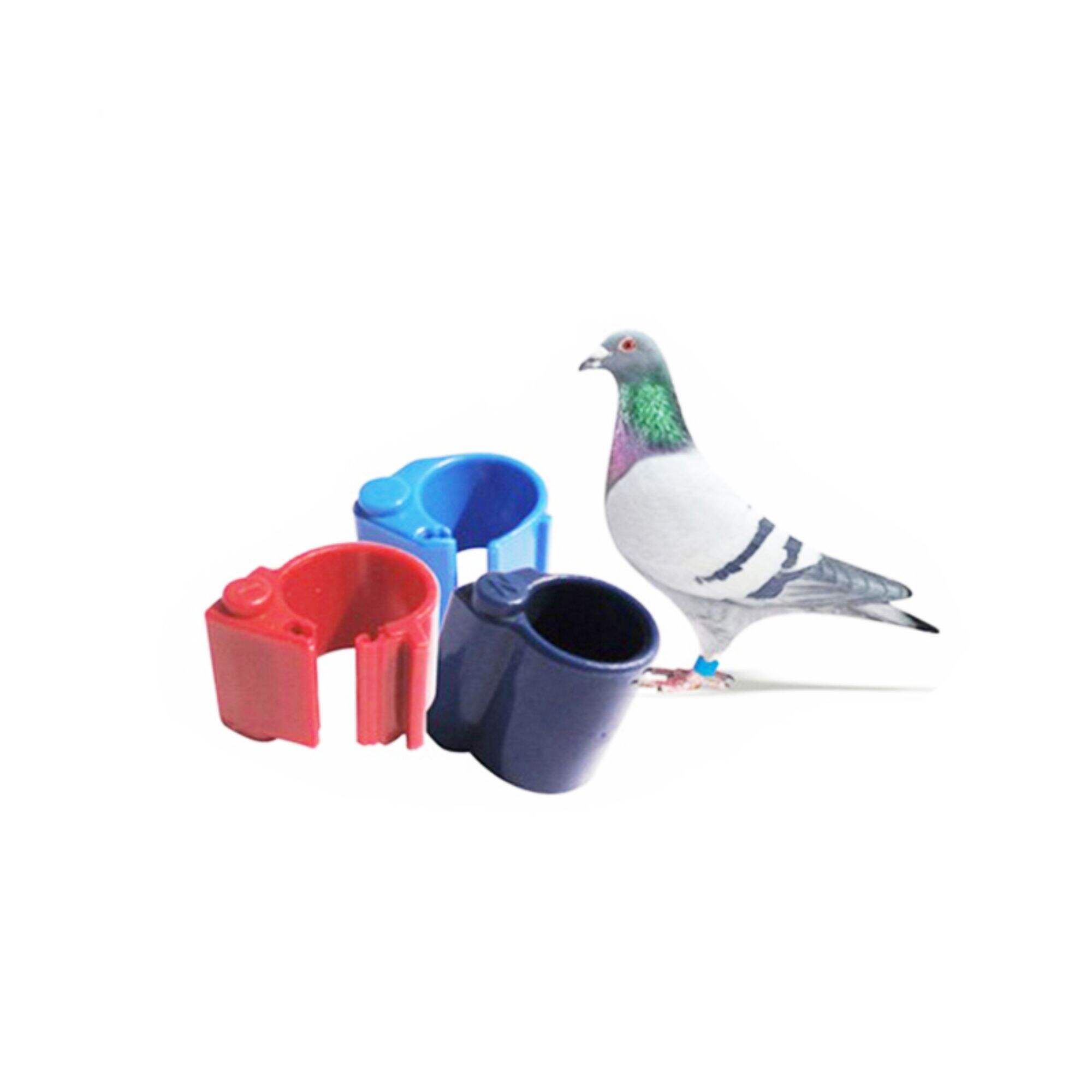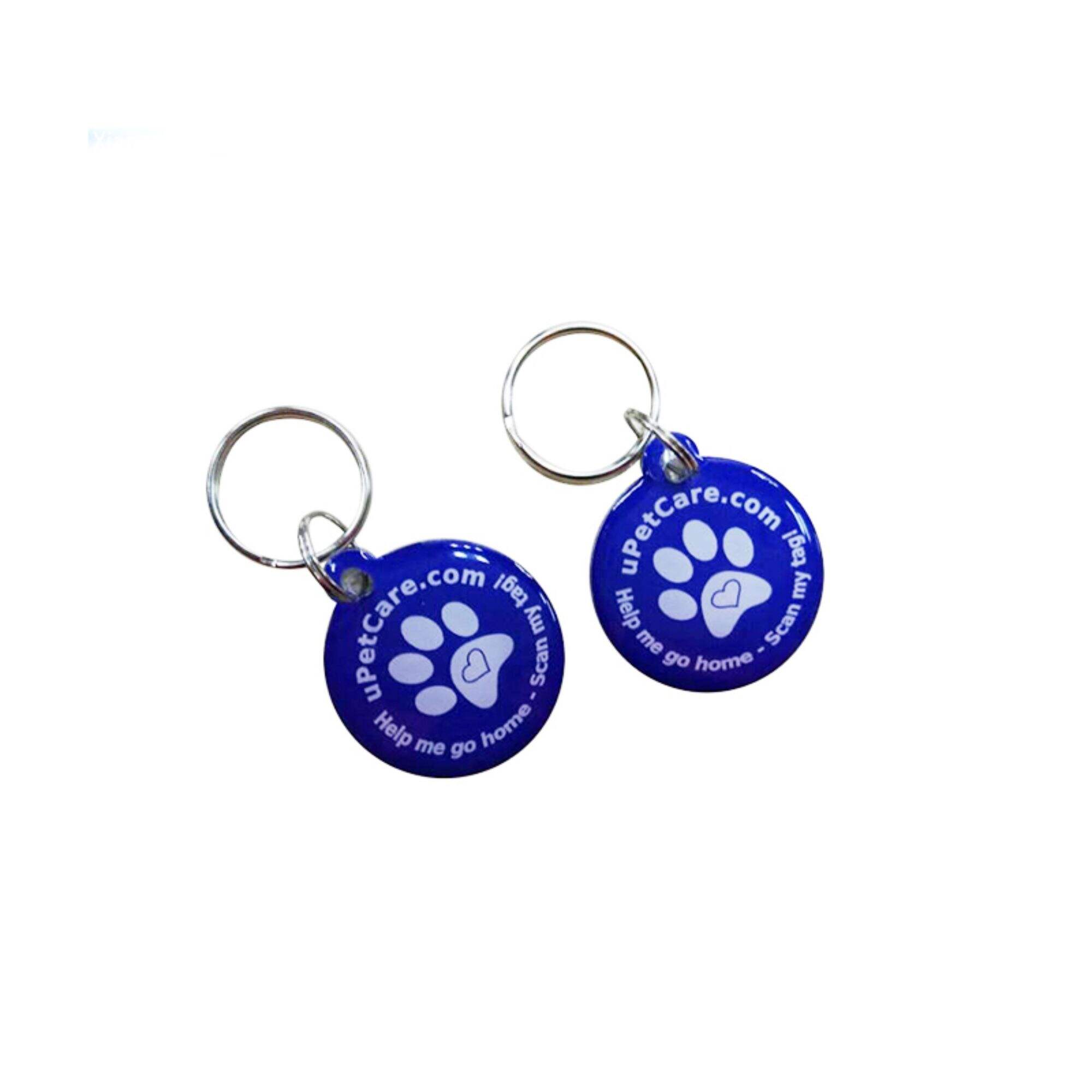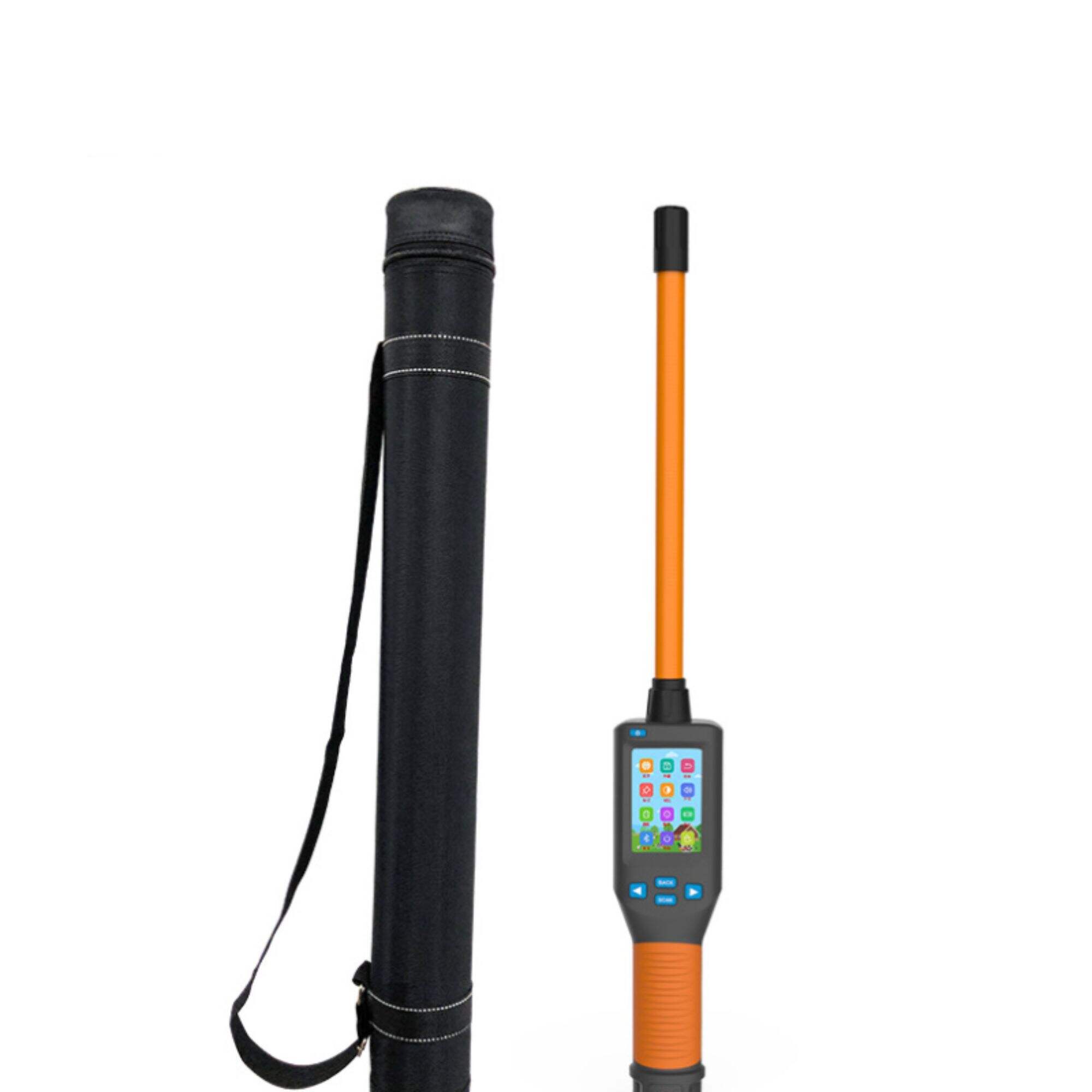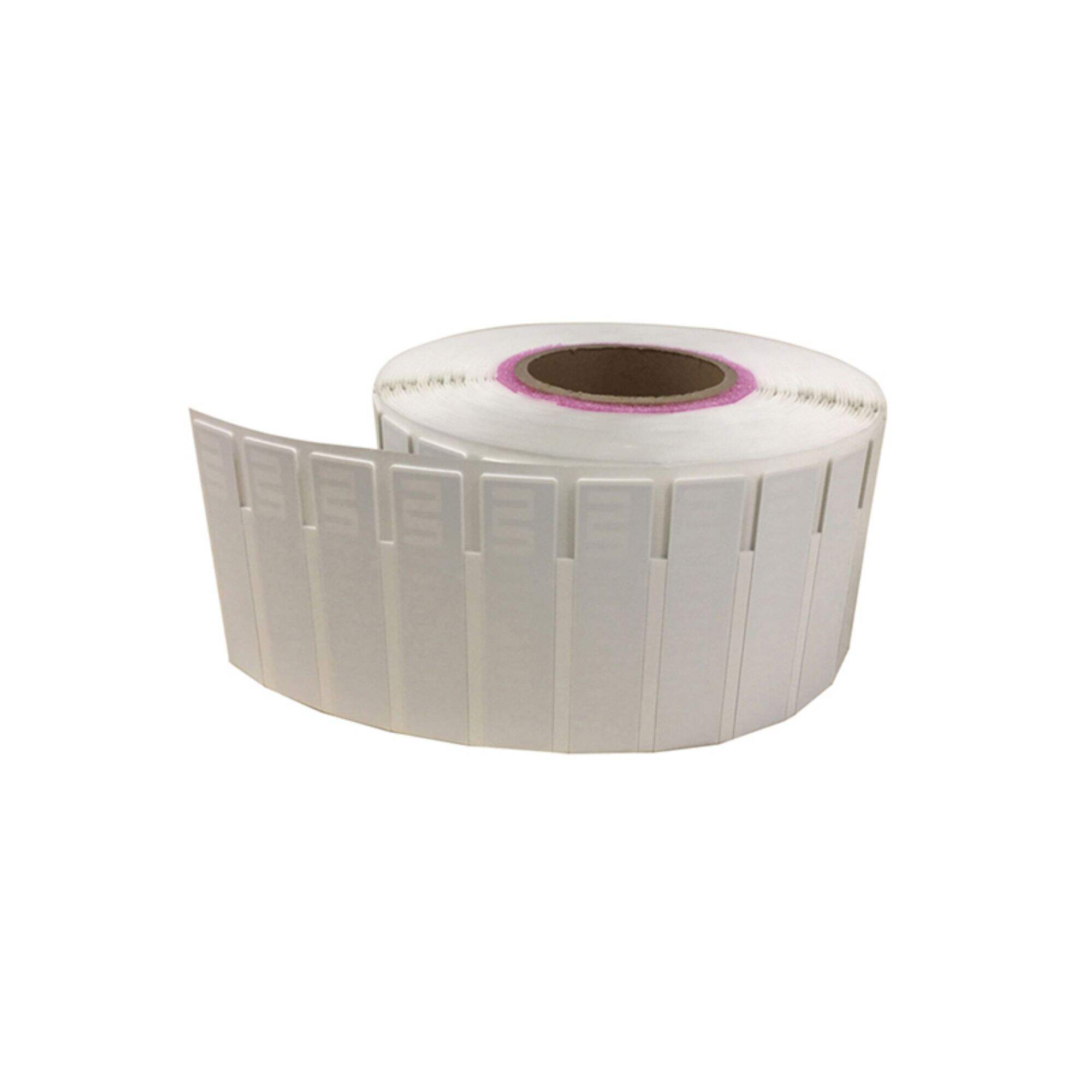RFID tech works by using electromagnetic fields to find and follow those little tags stuck onto stuff. Every single tag comes with its own special serial number so RFID readers know exactly what they're looking at. While RFID has made life easier in lots of different industries, nobody really notices how much it changed sports until recently. From tracking athlete performance during training sessions to managing inventory at stadiums, this tech quietly revolutionized how sports organizations operate day to day.
An RFID system basically has three parts working together the tag itself, the reader device, and an antenna. What makes it work is that the tag holds some digital info inside it, which gets sent out once the reader comes close enough to trigger it. These systems aren't all created equal when it comes to range either. Some only work within inches of each other, while others can communicate across pretty long distances, sometimes even beyond 100 meters apart. The actual reach depends largely on what kind of RFID setup we're talking about here.
RFID has diverse applications in sports events, including ticket management, access control, athlete tracking, and real-time data analysis. By harnessing RFID technology, organizers can vastly improve the operational efficiency of sporting events, enhancing both athlete performance and spectator engagement.
RFID allows for more efficient management of sports events. By utilizing RFID wristbands or cards, attendees can gain faster access to venues, effectively reducing queue times and improving the overall experience.
With RFID tags, access to restricted areas can be tightly controlled. Only authorized personnel can enter specific zones, which enhances security measures during high-stakes events. For instance, Auburn University implemented RFID technology to monitor access during football games, ensuring that attendees meet necessary health guidelines.
RFID technology can replace traditional ticketing systems. Instead of paper tickets, attendees can use RFID-enabled wristbands programmed with their entry details. This not only speeds up check-ins but also reduces the risk of counterfeit tickets.
Real-time tracking enables organizers to monitor athlete performance during events. RFID technology provides precise timing information, allowing for immediate results to be shared. This capability is essential for maintaining the integrity of competitive events, from marathons to triathlons.
Auburn University put RFID tech to work managing who gets into their Pat Dye Field for football games. Staff members now have these special passes with RFID chips that get scanned when entering the field area. This setup helps keep everyone following the health rules they need to follow, so only authorized personnel actually get onto the field. No more guessing who should be where during games. The system works pretty well too. Event safety got better because there's less confusion about who belongs where, and the university shows off how something like RFID can really make sense for sports operations without breaking the bank.
International sporting events, like marathons, increasingly use RFID for timekeeping. Systems can accurately register multiple athletes passing checkpoints, ensuring fair competition while providing instant results.
Organizations have started employing RFID tracking systems that allow for precise measurements of athlete performance during races. By attaching RFID chips to race bibs, authorities can capture split times and finish times quickly, enhancing both participant and spectator experience.
 The Pigeon Feet Ring is designed specifically for tracking racing pigeons. This RFID tag ensures effective identification and management of birds during races.
The Pigeon Feet Ring is designed specifically for tracking racing pigeons. This RFID tag ensures effective identification and management of birds during races.
Learn more about the Pigeon Feet Ring.
 The Pet Epoxy Tag is durable and versatile, making it ideal for various pets. It can be customized to fit the needs of pet owners while ensuring easy tracking.
The Pet Epoxy Tag is durable and versatile, making it ideal for various pets. It can be customized to fit the needs of pet owners while ensuring easy tracking.
 This device facilitates efficient animal management, with capabilities for quick scanning and data storage.
This device facilitates efficient animal management, with capabilities for quick scanning and data storage.
Check out the HR05 LF RFID Animal Scanner Stick.
 These labels can easily adhere to metallic surfaces, making them invaluable for tracking assets that are often difficult to monitor.
These labels can easily adhere to metallic surfaces, making them invaluable for tracking assets that are often difficult to monitor.
Find out more about Flexible RFID Anti-Metal Labels.
As RFID technology continues to evolve, its applications in sports will likely expand. Expect advancements in real-time tracking and data analytics, which will enhance performance metrics and improve spectator experiences.
Though RFID offers numerous benefits, challenges such as initial costs and the need for staff training may hinder its widespread adoption.
The application of RFID technology in sports events not only promises better management, safety, and efficiency but also a more engaging experience for fans and athletes alike. As we look to the future, embracing RFID technology could be pivotal in transforming the sporting landscape.
Q: How does RFID improve security at sports events?
A: RFID enhances security by controlling access to restricted areas, ensuring that only authorized personnel can enter specific zones.
Q: Can RFID technology track athletes during competitions?
A: Yes, RFID tags can be attached to athletesâ gear, allowing real-time tracking and accurate recording of race times.
Q: Are RFID systems expensive to implement?
A: The initial costs may be high, but many organizations find that the long-term benefits, such as improved efficiency and revenue, outweigh these costs.
By leveraging RFID technology, the sports industry is not just keeping pace with innovation, but also redefining how events are managed and experienced. Whether attending a local match or a major sporting event, the future looks promising with RFID integration.

Copyright © ©Copyright 2024 Greatest IoT Technology Co., Ltd all rights reserved - Privacy policy